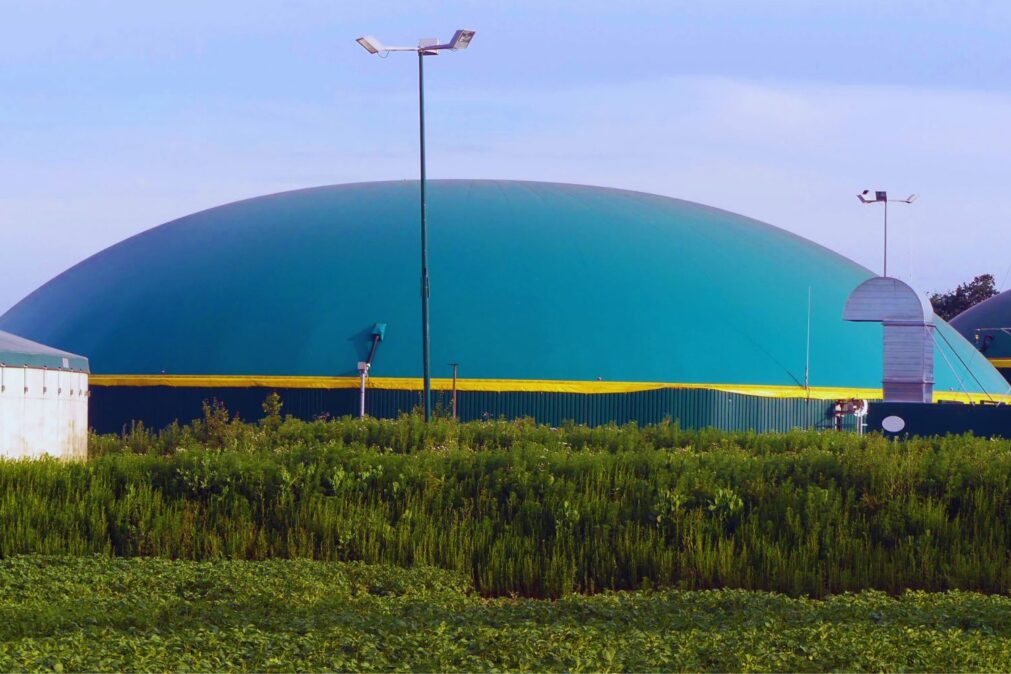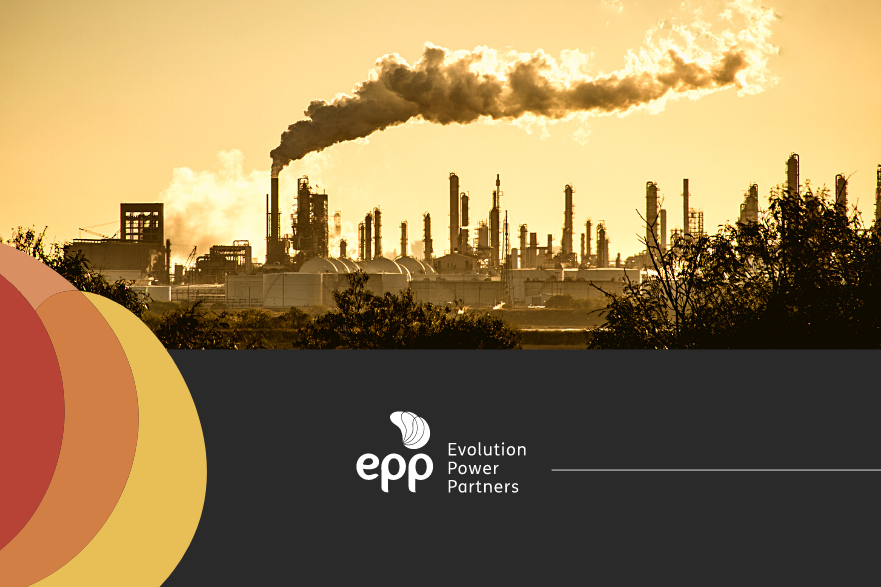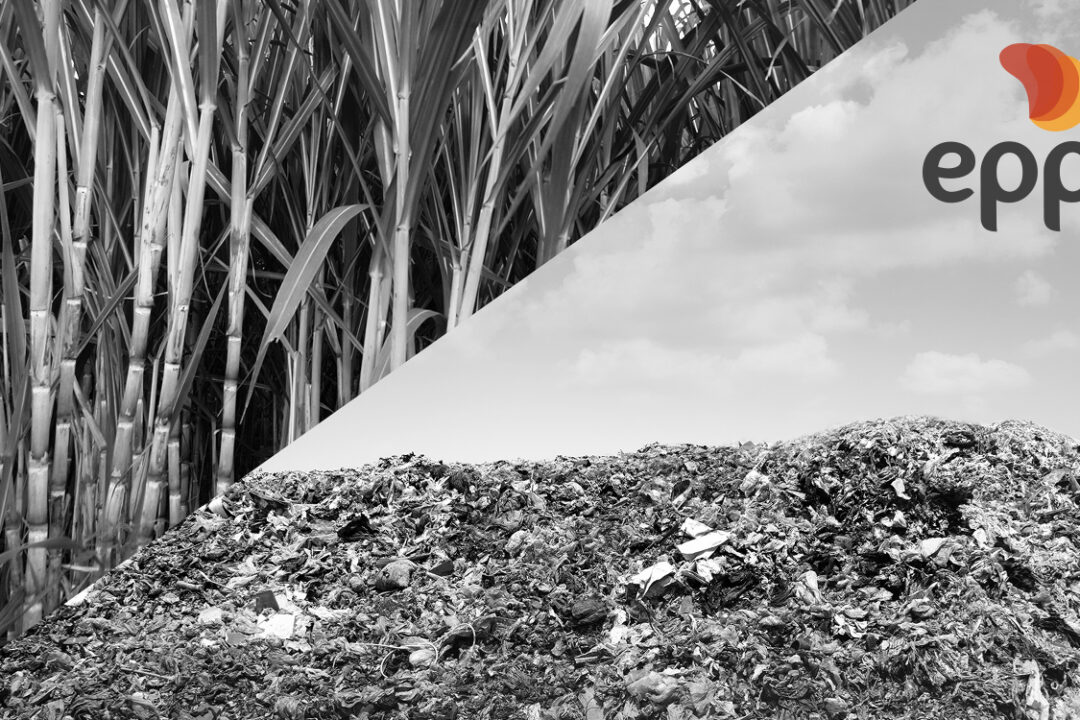It is unquestionable that the transition to renewable energy sources has become a global imperative to combat climate change. Diversifying the energy matrix is one of the most effective ways to reduce carbon emissions, improve energy security and promote sustainable development. In the Brazilian context, biomethane, produced from biogas, is emerging as a significant component of the energy transition, offering a green alternative to replace fossil fuels.
With more than 800 biogas units in operation in Brazil, half of which are dedicated to power generation, the biogas industry has proven to be a vibrant sector. Currently, the National Petroleum Agency (ANP) has authorized six biomethane plants. According to the Brazilian Association of Biogas and Biomethane (Abiogás), biogas has already moved more than 3 billion reais in investments, with an annual growth of over 20%. In addition, the expectation is that production will reach 30 million cubic meters per day by 2030, equivalent to 25% of the current potential.
Gabriel Kropsch, executive director of Abiogás, points out that almost 500 thousand cubic meters of biomethane are produced daily in the country. By the end of this year, production should increase to around 900,000 cubic meters per day. These numbers reinforce the potential of biomethane as a clean and renewable energy source and highlight Brazil’s commitment to achieving its climate goals.
Gás Verde, the largest biomethane producer in Latin America, is an inspiring example of this trend. With biomethane plants in 6 Brazilian states, producing 130,000 m³/day of biomethane and expected to reach 580,000 m³/day by 2026, it is a milestone in the renewable energy sector in Brazil, producing vehicle-quality biomethane, equivalent to natural gas from organic waste.
On the way to decarbonization, Brazilian companies from different segments are seeking to increase the adoption of biomethane. Especially in the automotive and transport logistics sectors, there is a growing interest in replacing diesel with biomethane. Using biomethane as a vehicle fuel can help reduce greenhouse gas emissions, improve air quality and promote the circular economy.
Renovabio, a federal government program to encourage the use of renewable fuels, has played a crucial role in this regard. However, Gabriel Kropsch points out that the initiative, by itself, is not enough to advance in the carbon market. A joint effort of public policies, technological innovation and investments is needed to expand the biomethane sector.
The experience of Gás Verde demonstrates that the production of biomethane is economically viable and brings substantial environmental benefits. However, it is necessary to create a favorable environment for the development of the biomethane market, which includes appropriate regulatory measures and tax incentives, as well as support for research and development.
Still, introducing more ambitious decarbonization targets and implementing appropriate policies could accelerate biomethane growth in Brazil. The private sector also has an important role to play in promoting biomethane, through investment in new technologies and collaboration with government and other stakeholders.
In addition, to increase biomethane production, it is important to invest in infrastructure, including building new biogas plants and improving existing ones. The qualification of professionals to operate these plants and the promotion of training programs in biogas and biomethane are also necessary steps to boost the sector.
The future of biomethane in Brazil is promising. With continued commitment from industry players, support from public policies and growing awareness of the benefits of biomethane, Brazil has the potential to become a world leader in the production and use of biomethane, significantly contributing to the decarbonisation of the energy matrix. and combating climate change.
Ultimately, the transition to a low-carbon economy is not just an environmental necessity, but also an opportunity to drive innovation, create jobs and promote sustainable development. The journey to decarbonization can be long and challenging, but biomethane offers a viable and sustainable solution to achieving these goals.





